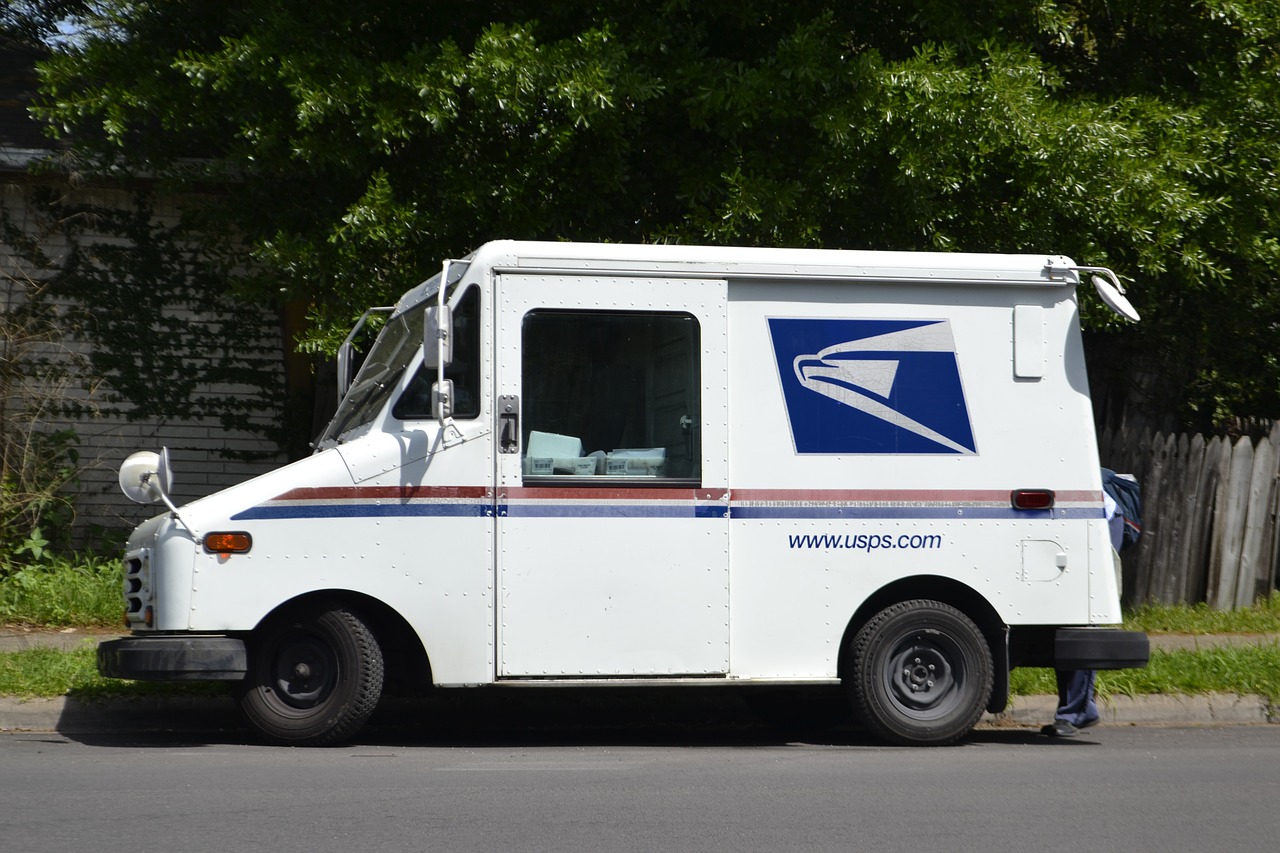Salesforce buys Mulesoft for $6.5 billion
Salesforce.com Inc, the cloud-based CRM company is continuing its recent acquisitions with the announcement that they will purchase Mulesoft for approximately $6.5 billion. The sale is expected to close at the end of July 2018.
The acquisition of Mulesoft will allow Salesforce to target specific sectors such as health care, financial services and government agencies and expand their Platform-as-a-Service portfolio of products and allow their customers to change and innovate faster, deliver better customer experiences, and increase their own operational efficiency.
Mulesoft’s current customers include such names as Coca-Cola, Barclays and Unilver, providing them with a platform for building application networks that connect enterprise applications, data and devices, both cloud and on-premise.
These platforms enable companies to build applications that suit their specific needs, and pull together data and applications from different sources. The addition of Mulesoft’s technology will allow Salesforce to create an integrated cloud service that combines the best of traditional in-house corporate computing with data and apps from the public internet.
Mulesoft technology makes it much easier for a company that wants to combine various apps, for example, Google Maps, and digital payment capabilities such as those from Braintree, with older software programs and data by pulling everything together, whereas without this technology a company would need to write custom code which may, or may not, even be possible for them.
Salesforce’s goal to double its annual revenue by 2022 to $22 billion will be helped by this purchase, as Mulesoft has been rapidly expanding by connecting applications, data sources and devices using in-house servers or public cloud providers for clients such as McDonalds Corp.
The purchase of Mulesoft will be Saleforce’s largest acquisition ever, and follows its recent acquisition of CloudCraze, the provider of B2B e-commerce technology built on Salesforce’s Force.com platform. It also acquired Demandware in 2016, to offers a retail industry focused Commerce Cloud e-commerce platform. With MuleSoft, it will be able to provide customized integrations of multiple applications to better compete in the business software market.
As both Salesforce and Mulesoft continue their combined technology development, they aim to accelerate customers’ digital development, enabling them to utilize data, cloud apps and devices for a better connected customer experience.
Learn about xocbox integrated enterprise architecture technology.





